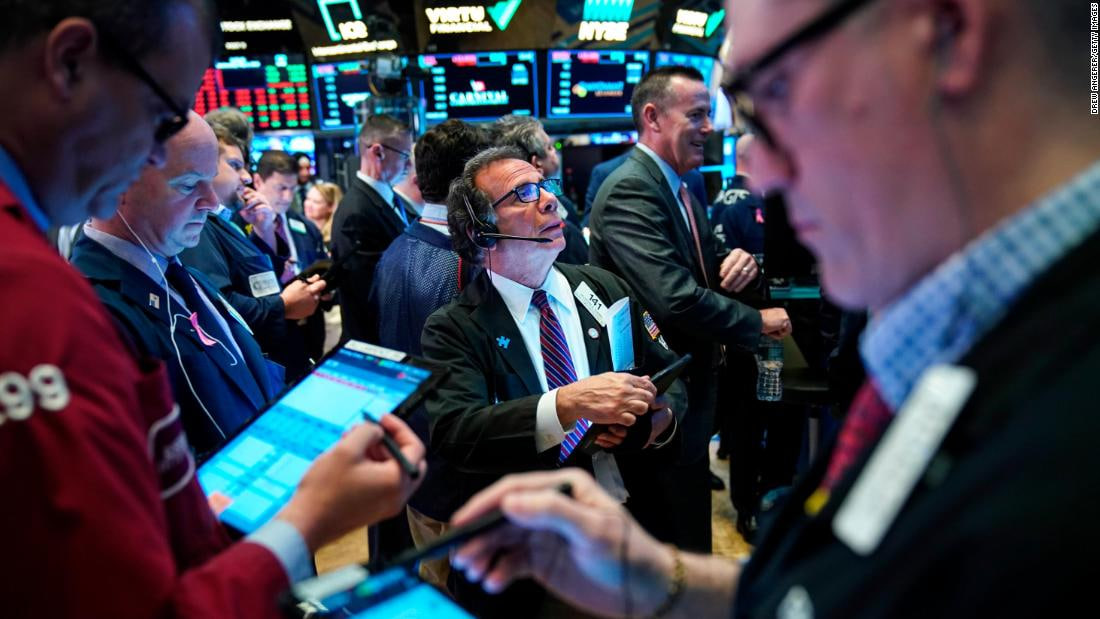Central European Farmers Rise Up: Challenging the EU-Mercosur Deal and Ukrainian Agricultural Imports
Meta Description: Central European farmers from Poland, Hungary, Czech Republic, and Slovakia unite against the EU-Mercosur trade agreement and the influx of Ukrainian agricultural products post-conflict. Learn about the implications for European agriculture and food security.
The recent meeting in Štúrovo, Slovakia, wasn't your typical agricultural pow-wow. It was a fiery showdown, a battle cry echoing across the fertile fields of Central Europe. Representatives from Poland, Hungary, Czech Republic, and Slovakia – the heart of the region's agricultural powerhouse – banded together, their voices a unified roar against a tidal wave of concerns. Their target? The controversial EU-Mercosur trade agreement and the seemingly unstoppable flood of Ukrainian agricultural imports. These aren't just farmers grumbling about the weather; this is a full-blown crisis, a challenge to the very fabric of their livelihoods and the future of food security in the region. This isn't about petty complaints; it's about survival. It's about the very essence of their way of life, passed down through generations, now threatened by forces beyond their control. Think of it as David versus Goliath, but with tractors instead of slingshots. This article delves deep into the heart of this conflict, exploring the complexities, the human stories, and the potential ramifications for the European Union's agricultural landscape. We'll unpack the arguments, analyze the facts, and offer an insightful perspective on this brewing storm that could significantly reshape the European food system. Buckle up, because this is a ride you won't want to miss. Get ready to understand the intricacies of agricultural trade, the geopolitical pressures at play, and the human cost of these sweeping decisions. We'll explore the cultural impact, the economic repercussions, and the political maneuvers involved in this critical juncture for Central European farmers. This isn't just about numbers and statistics; it's about families, farms, and futures. Let's dive in.
The EU-Mercosur Deal: A Bitter Pill for Central European Farmers?
The EU-Mercosur trade agreement, hailed by some as a triumph of global free trade, has become a thorn in the side of Central European farmers. The deal, promising tariff reductions and increased market access between the European Union and the South American Mercosur bloc (Argentina, Brazil, Paraguay, and Uruguay), is seen by many as a threat to their already precarious situation. These farmers fear a flood of cheaper agricultural products from South America, potentially undercutting their prices and driving them out of business. It's a David and Goliath story playing out in the heart of Europe, with small-scale farmers facing the might of powerful South American agricultural conglomerates.
The concerns aren't unfounded. Many Central European farmers already struggle with low prices, aging infrastructure, and increasing competition. Adding the pressure of potentially cheaper imports could prove catastrophic for many family-run farms – the backbone of the region's agricultural sector. The agreement, while potentially beneficial for larger corporations and consumers in the long run, fails to adequately address the concerns of these smaller players, who feel left out in the cold. It's a classic case of unintended consequences, a lesson in the importance of carefully considering the ripple effects of global trade deals. This isn't just about economics; it's about the social and cultural fabric of rural communities across Central Europe.
The Ukrainian Agricultural Influx: A Double-Edged Sword
The situation is further complicated by the influx of Ukrainian agricultural products following the Russian invasion. While the EU initially relaxed trade rules to support Ukraine, this has inadvertently created additional challenges for Central European farmers. The sudden increase in supply, combined with the existing concerns about the Mercosur deal, has created a perfect storm of economic hardship. It’s a situation brimming with complexities, a delicate balancing act between humanitarian aid and economic stability. This isn't a simple "good guys" vs. "bad guys" scenario. It’s a humanitarian crisis intertwined with economic realities, forcing tough decisions on both a regional and global scale. The sheer volume of imports, often at prices below the cost of production for Central European farmers, has sparked widespread protests and demands for government intervention.
Understanding the Impact: Market Saturation and Price Depressions
The sheer volume of agricultural goods entering the market from both South America and Ukraine has led to market saturation. This surplus supply has significantly depressed prices, leaving many Central European farmers struggling to make ends meet. Imagine a farmer who has spent months cultivating his land, only to find that the market is flooded with cheaper products, essentially devaluing his hard work. It’s a demoralizing situation, one that’s prompting many to question the fairness and efficacy of current trade policies. This isn't about simple economics; it’s about people’s livelihoods, families, and futures.
| Region | Main Concerns | Impact on Farmers |
|-----------------|-------------------------------------------------|------------------------------------------------------|
| Central Europe | EU-Mercosur Deal, Ukrainian Agricultural Imports | Price depression, increased competition, market saturation |
| Ukraine | War-torn economy, disrupted supply chains | Need for market access, economic survival |
| South America | Increased market access to the EU | Potential for increased exports, economic growth |
The Human Cost: Beyond the Numbers
The impact extends far beyond mere economic figures. It’s about families losing their farms, communities losing their identity, and the potential erosion of the region's agricultural heritage. Many families have worked the land for generations, and the prospect of losing their farms is deeply distressing. This isn't just about dollars and cents; it's about the loss of a way of life, the severance of cultural and historical ties. The human cost is immeasurable, and it’s a crucial aspect of this complex issue.
What Can Be Done? A Call for Action
The farmers' call for the reinstatement of import quotas, while controversial, highlights the urgency of the situation and the need for sustainable solutions. The EU needs to carefully balance its commitment to free trade with the need to protect its agricultural sector, particularly its smaller farms. A nuanced approach is needed, one that takes into account the specific needs of Central European farmers while supporting Ukraine during its time of need. It’s a complex equation with no easy answers. It requires a delicate balance between global trade, national interests, and humanitarian concerns. Ignoring this plight is not an option. We need to find a way to ensure that the benefits of free trade are shared equitably and that the human cost is minimized.
Frequently Asked Questions (FAQs)
Q1: What is the EU-Mercosur trade agreement?
A1: It's a trade deal between the European Union and the South American countries of Argentina, Brazil, Paraguay, and Uruguay, aiming to reduce tariffs and increase trade.
Q2: Why are Central European farmers opposed to it?
A2: They fear increased competition from cheaper South American agricultural products, leading to lower prices and potential economic hardship.
Q3: What’s the situation with Ukrainian agricultural imports?
A3: Following the Russian invasion, the EU eased trade rules for Ukrainian agricultural products, leading to increased imports and competition for Central European farmers.
Q4: What are the farmers demanding?
A4: They are calling for the reinstatement of import quotas on both South American and Ukrainian agricultural products to protect their market share.
Q5: What are the potential consequences of inaction?
A5: Continued price depression, farm closures, social unrest in rural areas, and potential damage to the EU's agricultural sector.
Q6: What solutions are being proposed?
A6: A range of solutions are under discussion, including targeted support for Central European farmers, adjustments to trade agreements, and exploration of alternative market access strategies for Ukrainian producers.
Conclusion: A Critical Juncture for European Agriculture
The situation facing Central European farmers is a critical one, highlighting the complexities and challenges of balancing global trade agendas with the needs of local communities. The EU must act decisively to address the concerns of its farmers while providing necessary support to Ukraine. Ignoring the plight of these farmers is not an option. The future of European agriculture, and the well-being of countless families, hangs in the balance. This isn't merely an economic issue; it's a social, cultural, and even humanitarian concern that demands immediate and comprehensive attention. The time for decisive action is now.



